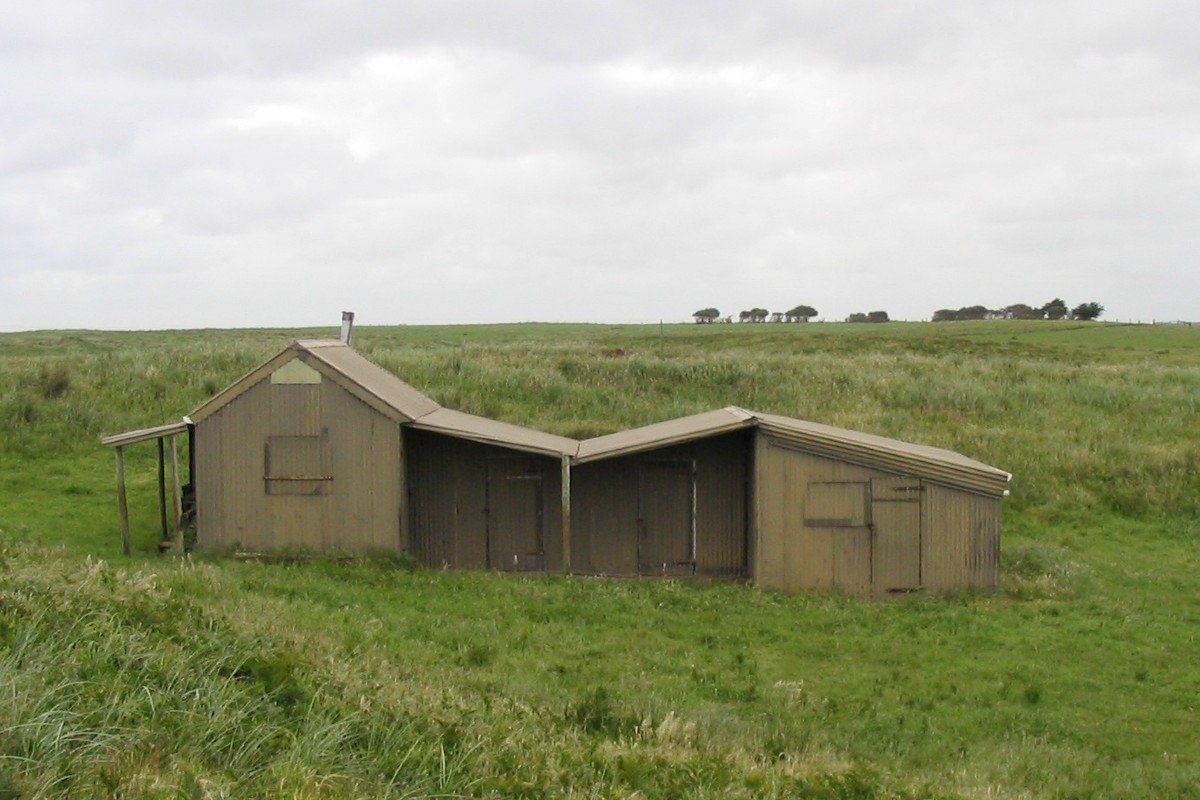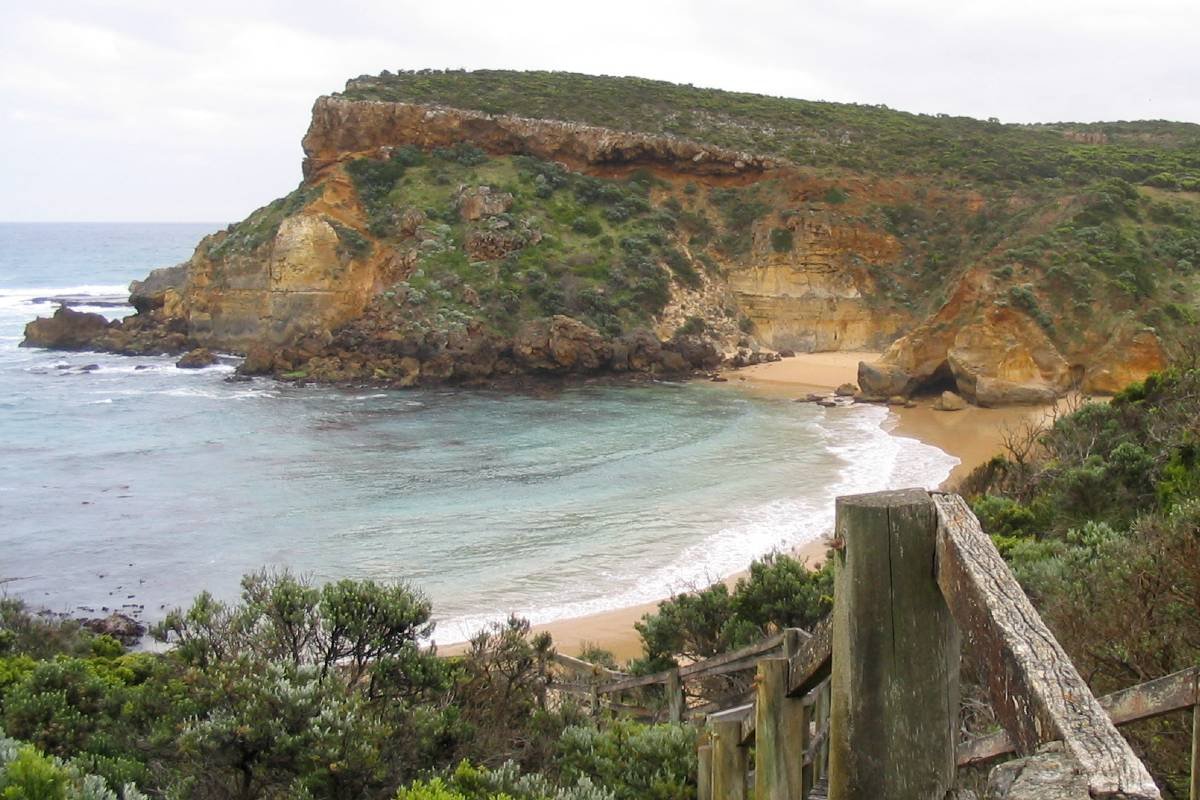Compare and Contrast – by Gillian Bouras
ISLAND | ONLINE ONLYThe writer and artist Tove Jansson, famous for her Moomin books for children, published her work for adults, The Summer Book, fifty years ago. Never out of print in Scandinavia, it was translated into English in 1974, and over the last twenty years has sold 200,000 copies in the UK alone. Marketed as a novel, but in fact difficult to label or define, the book draws on much of Jansson’s life: she wrote it after her mother died, and the covers of my copy show photographs of the tiny island in the Gulf of Finland where Jansson and her brother used to spend their summers, as well as the little house they built and later stayed in. When writer Esther Freud went to visit, she discovered that the island was so small that a walk around the edge of it took just four-and-a-half minutes.
There are twenty-two vignettes in the book, and the threads that bind them together are Grandmother and her six-year-old granddaughter, Sophia. Grandmother is nearing the end of her life, but Sophia is beginning hers, and is at the stage we all go through, that of thinking some seasons and routines are going to last and repeat themselves forever. But in sharp contrast, Grandmother feels that everything is gliding away from her. The book seems to be about nothing very much, but is about everything, about the ways in which life is lived over time.
“Grandmother is nearing the end of her life, but Sophia is beginning hers, and is at the stage we all go through, that of thinking some seasons and routines are going to last and repeat themselves forever.”
American poet Wallace Stevens considered that the greatest poverty was not to live in a physical world. Grandmother and Sophia definitely lived in a physical world, for they lived and acted in a particular summer place, and so did I: we all had our summers, but mine were very different from theirs. And so was my place, a great sweep of beach on Victoria’s Great Ocean Road. The differences, such as scale and vegetation, are very great.
But there are similarities between their book and my experience as well, for Finland is not so very far from the Arctic Circle, and the Great Ocean Road is not so far from the Antarctic: there is some consciousness of the frozen wastes in either direction. Our area has become known as the shipwreck coast, and Jansson’s location is well-known as a ship cemetery. And whereas Sophia had a grandmother who taught her all sorts of things, I had my grandfather. In the 1950s he bought a fishing shack on the coast, and this became the scene of all my summer holidays and sometimes spring and autumn ones as well. There Grandfather, a teacher, took me walking, and at the same time encouraged me to watch and listen. ‘Keep your eyes peeled, girl, and your ears pinned back.’ While the scents of tea-tree and salt-bush drifted. During that first summer I was eight.
“... whereas Sophia had a grandmother who taught her all sorts of things, I had my grandfather. In the 1950s he bought a fishing shack on the coast, and this became the scene of all my summer holidays and sometimes spring and autumn ones as well.”
Grandfather showed me where the rabbits had been scratching near the barbed-wire fences and where the opening of a burrow might be. Product of a different age and a harder life, he was not sentimental about them, would set traps regularly, and I saw him skin a rabbit. Once. I never wanted to view the procedure again. We wandered in the surreal landscape of the badlands area nearby, and collected shells from an Aboriginal midden at the top of a cliff. He showed me how the button shells left by the First Nations people fitted like little trapdoors into larger shells. Every so often we caught sight of a fox, and we had continual glimpses of a vast vista of rolling breakers which foamed onto sand to which there was no access. But it was a much wider, more spacious world, and I can be sure that Grandfather never observed a blade of grass or a piece of seabird down the way Grandmother did.
Grandfather also showed me the slight wavy line in the sandy soil that betrayed the recent presence of a snake, and whenever I walked along the cliff tops, in paddocks or in those scrub-covered badlands, I was firmly instructed to thump along as heavy-footedly as I could manage, and to talk as loudly as possible. I have since learned that snakes cannot hear, but the adults were firmly convinced that they could. ‘That’ll scare those Joe Blakes off, right enough.’ Grandfather himself, armed with a great length of springy bamboo, made great sport with snakes, and thought a summer’s day incomplete unless he had draped a couple of dead six-footers over a conveniently placed barbed-wire fence. How surprised he would be to learn that attitudes towards snakes have changed.
Unlike Jansson, Grandfather did not build the shack we visited. A mate had built it on farmland and the farmer collected a nominal rent every year. We had no electricity, and used a wood stove for cooking, despite the heat. Our shower was a kerosene tin with a hose nozzle soldered on. Water was collected in corrugated-iron tanks, and the shack itself was made of corrugated iron, Australia’s cheap but hardy building material, against which the farmer’s cows used to bang their horns early in the morning, waking us up. We walked through scrub to the cliff top, and then went down the steps that Grandfather and my father had cut. Grandmother, Sophia and her father had a ritual packing-up when they left their little house, and we had ours in the bolting of shutters, the oiling of locks and the general weather-proofing against a winter that would seem very mild to Scandinavians.
In The Summer Book Grandmother and Sophia are shown to have a loving but often spiky relationship. They discuss weighty matters like theology, and Grandmother is rarely lost for an answer, telling Sophia that God has secretaries to help Him keep track of people’s prayers, and that she was far too old to start believing in the Devil. Grandfather was certainly a believer, but we never discussed God or the Devil: I think we took all that for granted, and Grandfather had certainly witnessed evil, as well as great sacrifice, during his years of fighting in France and Belgium.
Like most men who had been on active service, he didn’t want to remember, so we talked of other things. The crayfishing expeditions were times for discussion. We settled on our favourite rock, and used salt-bush as cushions. Grandfather sank his nets, pulled them up at carefully timed fifteen-minute intervals, smoked the Rothmans Filter Tips that Granny was not supposed to know about, and commented on a variety of subjects, most often about the surrounding land and sea scapes.
‘See the silhouette of that cliff over there, just now when it’s getting dark? Looks like Queen Victoria in bed. What d’you think?’ And yes, the portly shape, the matronly bosom, the beaky profile were all obvious. ‘She’s still got her crown on,’ I remarked critically. ‘H’m. Well, from what I know of her, she probably never took it off.’ The explanation was satisfactory.
“Time passes slowly at first, but then picks up speed as one gets older. I am now a grandmother myself.”
Time passes slowly at first, but then picks up speed as one gets older. I am now a grandmother myself. After three grandsons and a gap, a granddaughter appeared. As I write, she has just finished her first day at school in Greece, where she and I live. She has just turned six, and would perhaps understand Sophia and learn about beginnings from her if she could; she could also learn how to be brave and tolerant, lessons that Grandmother tried to teach Sophia. I feel I understand Grandmother and can learn from her, too: I certainly have that same sense of an ending. So far my granddaughter has not asked Sophia’s question, ‘When are you going to die?’ If and when she does I hope I can be ready with Grandmother’s matter-of-fact reply: ‘Soon. But that is not the least concern of yours.’ ▼
Images of Grandfather, the hut and Childers Cove courtesy of the author
If you liked this piece, please share it. And please consider donating or subscribing so that we can keep supporting writers and artists.




